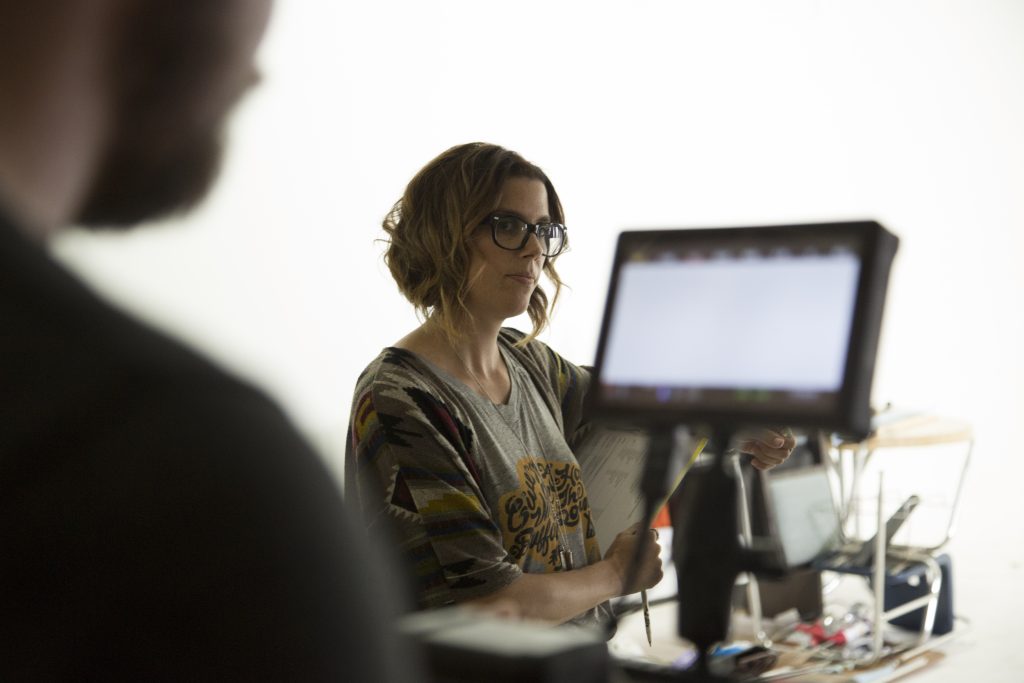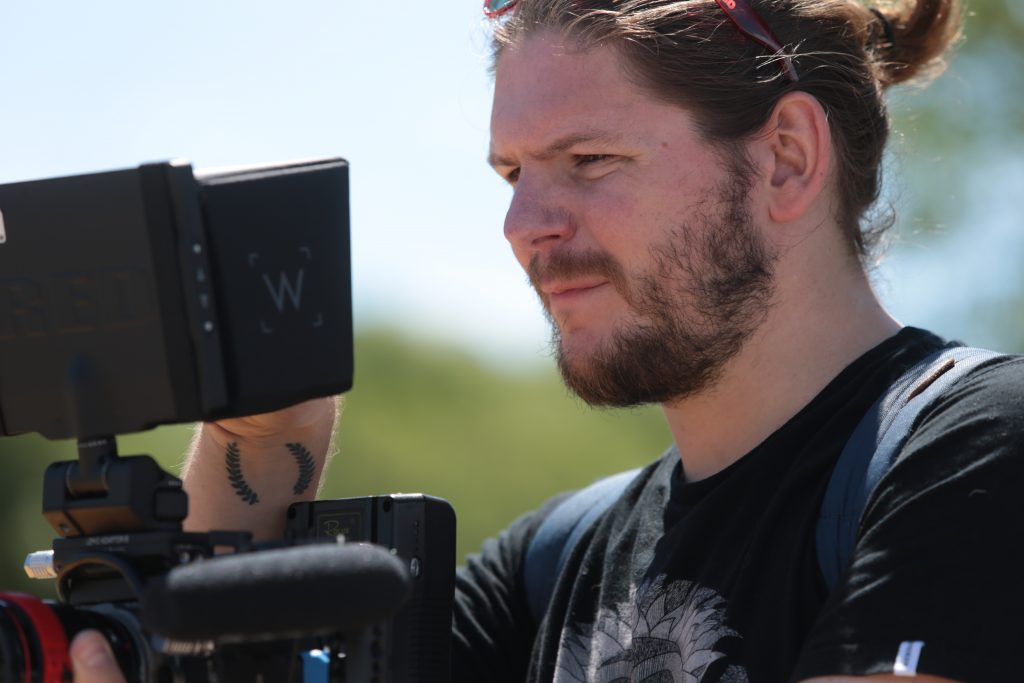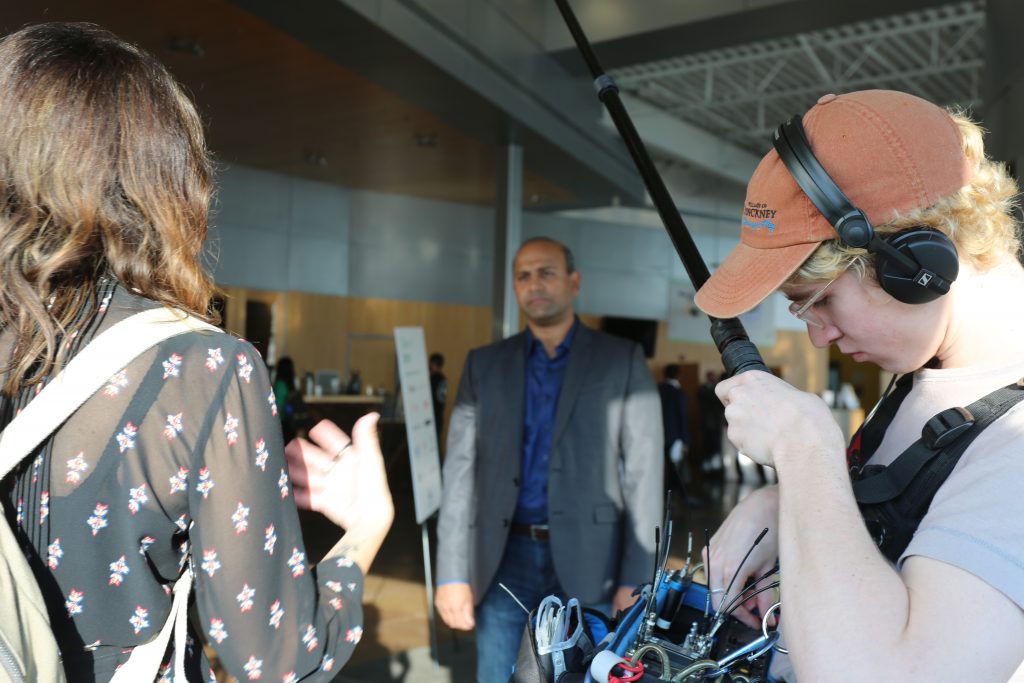
Going Deeper: Understanding on-set roles, part one
By tom@longhaulfilms.com in Going Deeper
The key to a seamless production phase is having a clear division of roles and responsibilities, so let’s break those down here.
Director
The Director is the ultimate decision-maker when it comes to executing the production. While they will certainly seek advice from other key personnel, the buck stops with them. They are responsible for making sure that the story that was envisaged truly comes to life.

Why is this role essential? They will be the one to ask the interview questions, they will work closely with the DP to capture all the necessary b-roll shots in a way that tells an effective visual story and they will see the process all the way through post-production.
Producer
The Producer is the engine room of the shoot, making sure that everything runs smoothly.
Why is this role essential? They handle logistics to make sure everyone and everything is where it needs to be. They produce call sheets that let everyone – crew, interviewees and clients – know where they need to be and when, with a rough schedule for each day’s shoot. They should be the client’s first point of contact for questions and concerns, leaving the Director free to focus on creative and story.
Director of Photography
Also known as the Cinematographer, this role is all about making sure everything visual is achieved per the Director’s intentions and in order to tell an effective story.

Why is this role essential? The DP is in charge of running the camera, setting lighting, choosing lens focal lengths, maybe using filtration on the lens, etc.
Audio Mixer
The Audio Mixer is responsible for recording all sound.
Why is this role essential? We need to capture everything that’s said in the interviews, the sound that goes with the b-roll, and extras like room tone and wild sound

Gaffer
Technically the “Head Electrician”, the Gaffer’s job is to focus on lighting.
Why is this role essential? We have a lot of interviews and we want them to look great, plus having some lighting help in a dimly lit factory for the b-roll will be essential.
Next we’ll round out the rest of the on-set roles.
